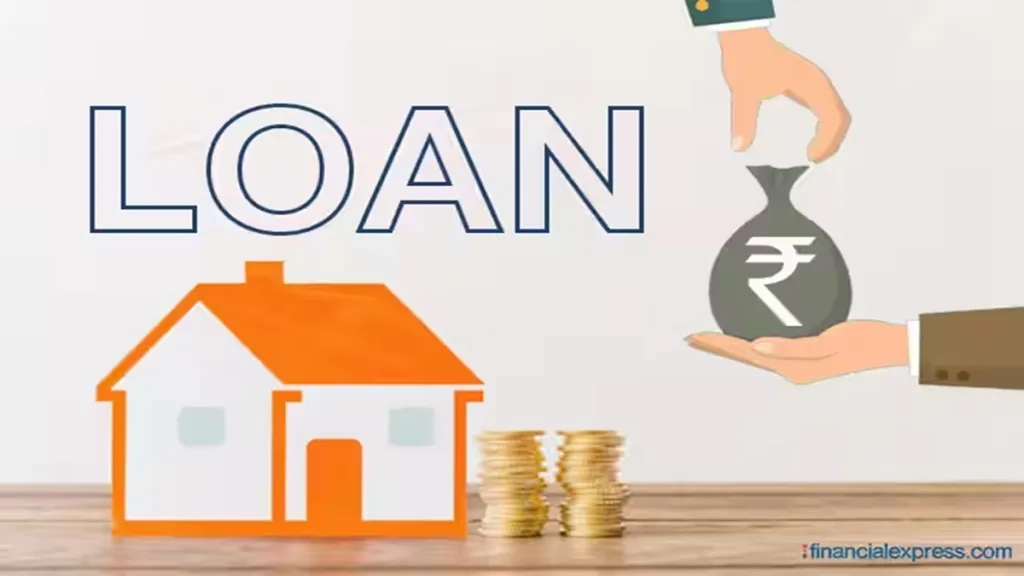Loan default can be a nightmare for a borrower as it not only disturbs the person’s mental peace but also threatens his financial stability. Despite all the diligence and financial discipline, contingencies do show up and take the best of you at times. If you find yourself in such a situation ever, the best thing you can do is to get engaged in a discourse with the lender and seek a temporary relief at least. This will give you time to arrange finances and get things in order.
Is loan default a criminal offence in India?
The foremost thing a borrower needs to understand is that loan default amounts to a breach of contract but not a criminal offence in India. Banks and financial institutions are instructed by the Reserve Bank to behave and deal with borrowers responsibly by following certain norms.
Kundan Shahi, Founder & CEO, Legalpay, in this article talks about various aspects of loan default and the remedies and protections borrowers have in case they face such a situation.
What legal protections do borrowers have when facing loan default?
Right to Notice (Section 8(2) of the SARFAESI Act, 2002):
Before resorting to legal action, lenders are obligated to provide a written default notice. This notice, typically issued 60 days before initiating legal proceedings, should clearly outline the missed payments, the total outstanding amount, and the potential consequences of non-payment. You have the right to receive this notice in a language you understand.
Also read: CIBIL score 700 good or bad? How to get personal loan with low credit score in India
Right to be Heard (Guidelines on Fair Practices Code of RBI, 2003):
The Reserve Bank of India (RBI) mandates fair practices for all lending institutions. This includes the right to contest the default notice. If you believe the notice to be inaccurate or there are extenuating circumstances for the missed payments, you can raise objections. The lender has a legal duty to respond to your objections within a reasonable timeframe, typically 15-30 days.
Debt recovery should be a civil process, conducted with respect and dignity. Lenders are prohibited from resorting to intimidation, harassment, or threats to recover the debt. This includes making unsolicited calls at odd hours, publicly shaming defaulters, or using abusive language.
Fair Valuation of Assets (Section 13 of the SARFAESI Act, 2002):
If the loan is secured by collateral like a car or property, the lender must value the asset fairly before repossessing it. The RBI mandates a transparent valuation process, often involving independent valuers. You have the right to request a copy of the valuation report and contest its accuracy if you believe it undervalues your asset.
Surplus Balance Rights (Section 17 of the SARFAESI Act, 2002):
After selling the collateral to recover the loan amount, any remaining funds should be returned to you. This “surplus balance” ensures you are not penalized beyond the value of the secured asset.
Can lenders pursue legal action against borrowers in default? What are the limitations?
While lenders can take legal action to recover defaulted loans, there are limitations:
Civil case, not criminal:
In most cases, defaulting on a loan is a civil offense, not a criminal one. This means you cannot be jailed for non-payment. However, bouncing a cheque issued for loan repayment might be considered a criminal offense under the Negotiable Instruments Act, 1881.
Also read: Looking for a personal loan? You won’t get one if your monthly income is below…
Focus on repayment, not punishment:
The primary objective of legal action by lenders is to recover the outstanding debt, not to punish the borrower. Courts often prioritize solutions that lead to repayment, such as:
A. Court-ordered repayment plans: The court may establish a structured repayment plan that considers your financial situation and allows you to gradually settle the debt.
B. Loan Modification: The court might encourage the lender to consider modifying the loan terms, such as reducing the interest rate or extending the loan term, to make repayment more manageable.
How does loan default impact credit scores and financial futures?
Loan default can have severe and long-lasting consequences for your financial future. Here’s a breakdown of the potential impact:
Credit score damage:
Defaulting on a loan significantly damages your credit score. This score, calculated by credit bureaus like CIBIL, reflects your creditworthiness and repayment history. A low credit score can make it difficult and expensive to secure future loans, including mortgages, car loans, and even credit cards. Lenders typically charge higher interest rates to borrowers with poor credit scores, making borrowing more expensive in the long run.
Difficulty securing loans:
A damaged credit score due to loan default can make it challenging to obtain any type of loan in the future. This can limit your options for financing major purchases like a car or a house, hindering your ability to achieve financial goals.
Limited employment opportunities:
In some professions, particularly those related to finance or handling sensitive information, employers might conduct credit checks as part of the hiring process. A history of loan default could potentially affect your employability.
Legal consequences (in rare cases):
While rare, in extreme cases where a borrower deliberately avoids repayment or attempts to fraudulently conceal assets, lenders might pursue legal action beyond civil recovery. This could lead to court appearances and even judgments that could affect your ability to own property or conduct financial transactions.

